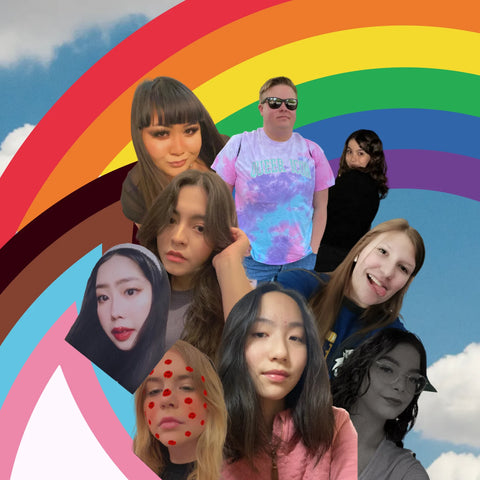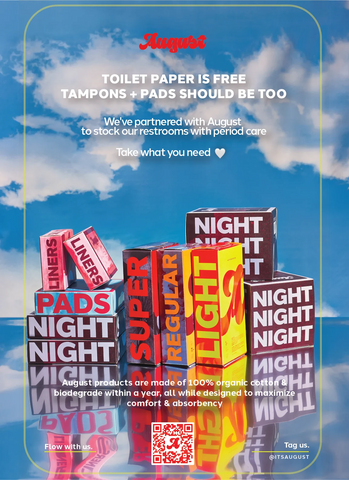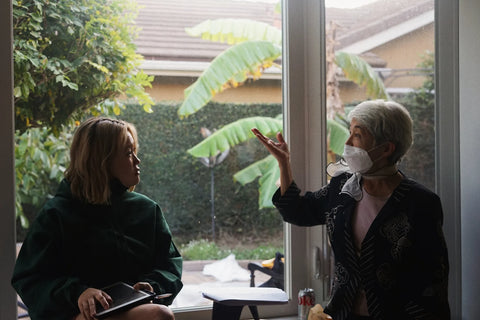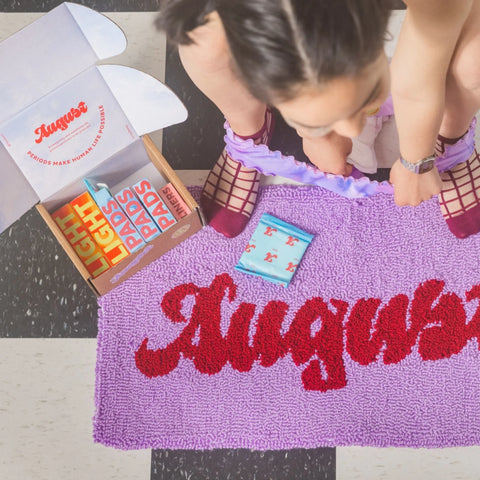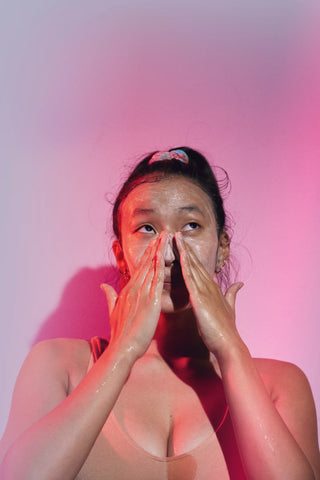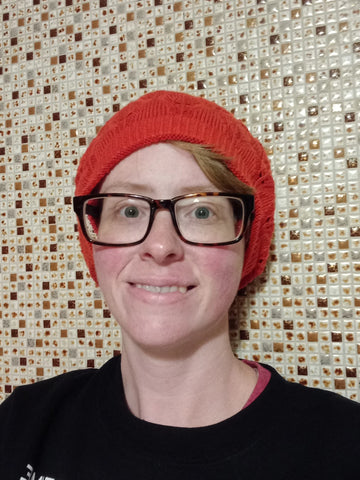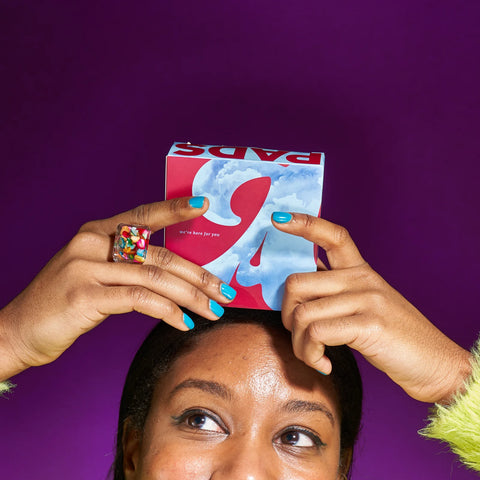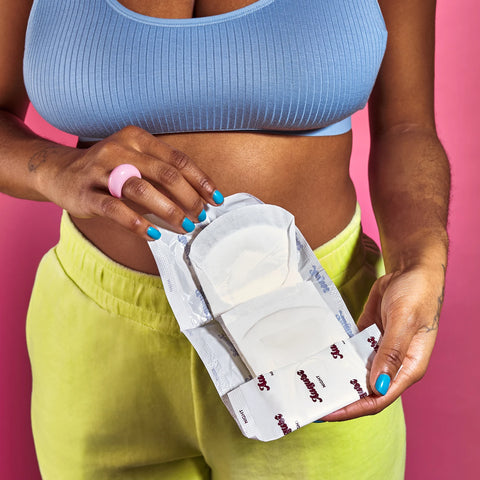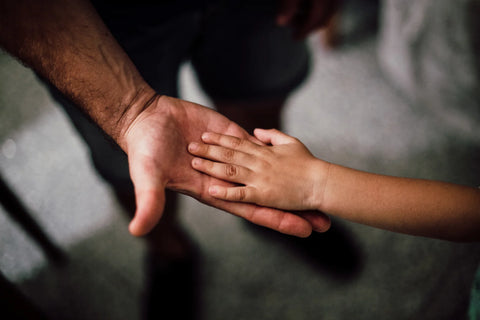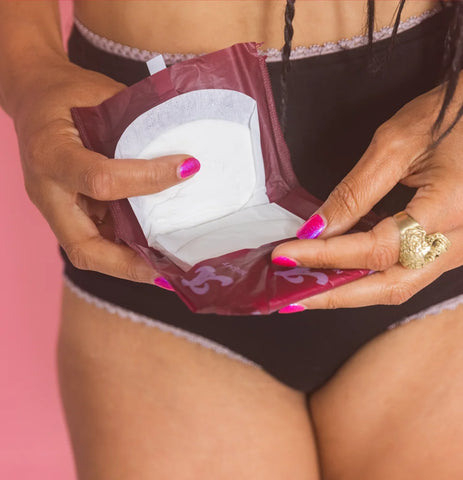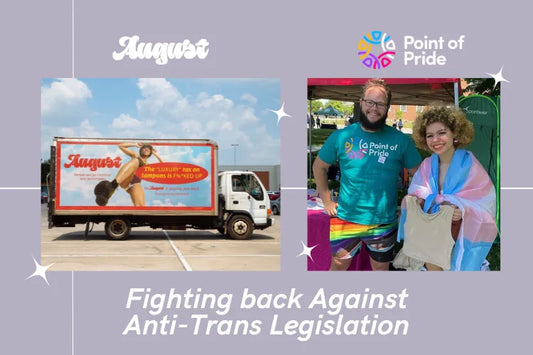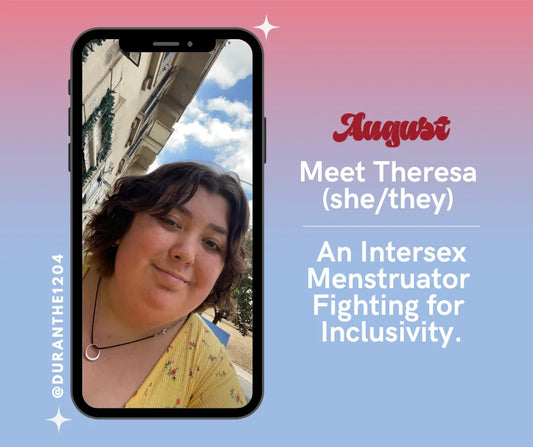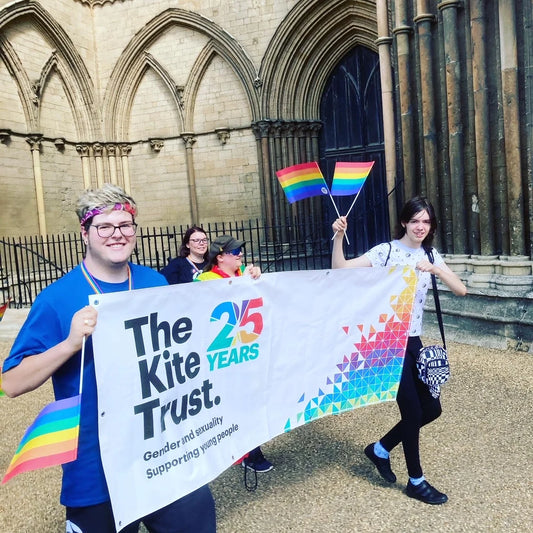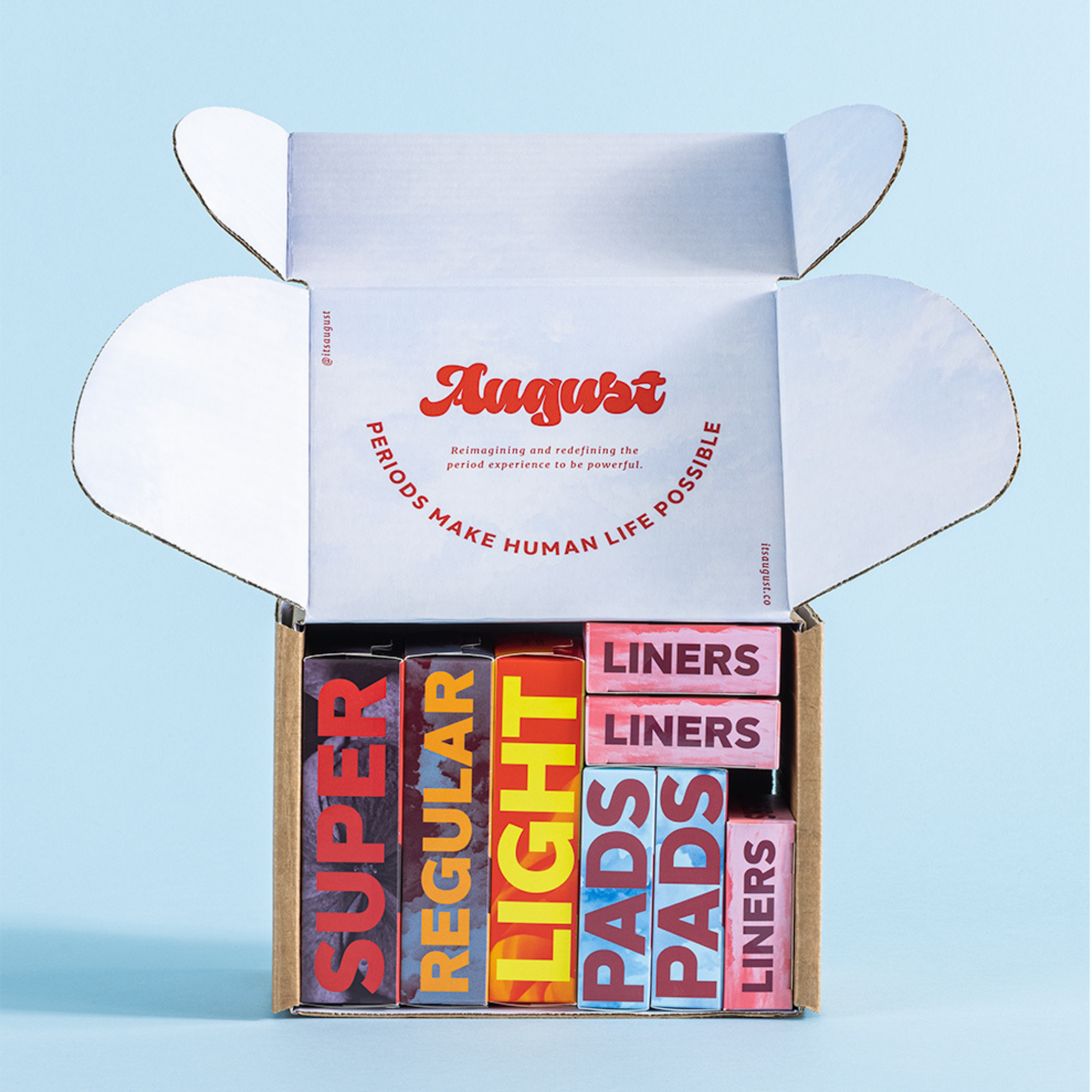This May, selfmade & August – 2 Asian American founded companies – are shedding some light on the realities of mental health within the Asian American Pacific Islander (AAPI) community.
Keep reading till the end for a SPECIAL collab announcement involving skincare & period products…
Stigma, Professional Help, and Expert Observations about AAPI Mental Health:

Asian Americans may be affected by mental health stigma more than other ethnicities, cultures, and nationalities.
The University of Maryland School of Public Health listed the following as common sources of stress among the AAPI community:
- Parental pressure to succeed in academics
- Discussing mental health concerns is considered taboo in many Asian cultures and as a result Asian Americans tend to dismiss, deny or neglect their symptoms
- Pressure to live up to the "model minority" stereotype (a view that inaccurately portrays Asian Americans as successfully integrating into mainstream culture and having overcome the challenges of racial bias)
- Family obligations based on strong traditional and cultural values
- Discrimination due to racial or cultural background
- Difficulty in balancing two different cultures and developing a bicultural sense of self
Although there are clear indicators of stress that affect individuals’ overall mental health, professional help is not how support is sought out. Instead, Asian Americans tend to rely on personal networks such as close friends, family members and their religious community.
In fact, data from the NLAAS found that Asian Americans are 3 TIMES less likely to seek mental health services than White [people].
Participants from the UMD study pointed to mental health stigma as the biggest deterrent in seeking professional help. In addition, they mentioned a lack of awareness of the resources and services available, including a language barrier. This emphasized the need for, “more bilingual services and more collaboration between formal service systems and community resources”.
Geoffrey Liu, MD spoke to existing stigma in the community stating that, “for some Asian Americans, there’s a real sense that your value as a person depends on your ability to take care of your family and community.” However, taking care of your family often means prioritizing and redistributing your energy into other people, instead of your own well-being.
During a Stanford Medicine panel in 2022, Yuhuan Xie, MD shared her experience working with immigrant Asian patients who are hesitant towards mental health care explaining that, “all they know is: ‘I cannot sleep well, I have a stomachache, I cannot get up, I was angry with my children’.”
According to Israa Nasir, a Therapist and Advisor for August, this is a common struggle that many Asian patients present with; they are more comfortable expressing physical symptoms rather than emotional ones.
When designing services for AAPI communities, policy, programs and professionals offering services should consider this as well. As Xie emphasized, one way to open up the mental health conversation within Asian populations is by focusing on the biological causes of mental illness. Get it down to science and facts, then tackle the emotions attached.
The Asian American Co-Founders of both August & selfmade had some more thoughts on this.

Stephanie: “I’m a recovering perfectionist and dismissive avoidant. Turns out that my teenage rebellion was also adolescent depression and, while I’ve been a high functioning and high performing adult, it’s something I will live with for the rest of my life.
I didn’t know anything about feelings or how miserable I actually felt until I went to therapy in 2015 due to a mental health crisis. As a person of color, I recognized that I didn’t have many tools, resources or community around these emotional roadblocks I was encountering.
It was because of my experiences working in the beauty industry and experiencing these mental health challenges that selfmade was born. So, while being a founder is incredibly challenging with a lot of expectations, it gives me a feeling of purpose everyday that makes it worth it. It’s my job to know what I need and when to take a break, and surround myself with incredible folks who help support me in that.”
Nadya: “I have struggled with depression since I was a kid and have absolutely been at low points both with depression and healthy living, too, in terms of burning out.
For the beginning years of my career, I really believed that in order to be successful, you had to be on the brink of burnout – I had to unlearn that the hard way.
The startup career path isn't the most relaxed one to take. It's a high-pressure environment that involves a lot of risks. However, I find it invigorating, so it's just a matter of striking a good balance.”
Why do you think mental health is stigmatized, in general?
Nadya: “I believe mental health carries a stigma because it's often viewed as a weakness or an excuse. Unlike physical health, where there are visible symptoms (i.e. cuts, broken bones, or runny noses), mental health wounds aren't as visible. This makes it easier for people who aren't familiar with mental health to doubt its legitimacy.
Plus, our society tends to fear certain emotions: anger = danger, nervousness = untrustworthiness, sadness = weakness + laziness. These judgments make people hesitant to express these emotions, perpetuating the stigma.”
Stephanie: “Our society’s internalized shame! We all have an inherent human need to feel like we belong so we naturally fear any judgment or chance of being seen as “less than”. When we don’t work through that fear with self-awareness then it grows into shame that can easily be projected outwards.
Based on our research and our own lived experiences, when we are told our “value” isn’t as valuable according to unrealistic beauty standards, societal narratives, and beauty/wellness marketing then we become hyper aware of protecting what “value” is “left”. That results in us all collectively fearing what may happen if we show vulnerability and our whole selves. Recognizing our humanness, the okayness of struggling is the narrative shift we need.”
What advice would you give to young Asian Americans struggling to speak up about their mental health?

Nadya: “Seek out a community of trusted individuals with whom you can be open about your mental health. It's crucial to identify your personal boundaries and find people you feel comfortable discussing mental health with, whether it's family, friends, or mental health professionals.
Stephanie: “First, know that you are not alone – I’ve been there too. Secondly, an effective baby step is speaking your fear out loud; it helps to remove the power it has over you. It’s best to do it in a safe space like a journal, your most supportive friends, or a therapist.
Lastly, delete things from your surroundings that don’t feel supportive or help build positive mental health. Unfollow on social media, remove products that idealize perfection, say no, and REST.”
We all need to prioritize mental health.
Read THIS to learn about body & mind autonomy, habit stacking and our overall well-being.
AUGUST x SELFMADE GIVEAWAY

Let’s face it – we’re all trying to figure out how to properly ✨rest✨. Well, lucky for you, August & selfmade, have teamed up for a Giveaway to Getaway this Mental Health Awareness Month.
The giveaway winner will win a Mental Health Break Survival Kit (worth $500!) which has everything you need to prioritize rest. One lucky winner will get it all…period care, skincare, tea, journals, silk bedding, and candles!
Sign up here to try your luck but HURRY – entries close MAY 25th.
Sources:
- American Psychology Association
- Considering context, place and culture: the National Latino and Asian American Study
- McLean Hospital
- Spencer et al. (2010) “Discrimination and Mental Health–Related Service Use in a National Study of Asian Americans”
- Stanford Medicine
- The University of Maryland “Model Minority at Risk: Expressed Needs of Mental Health by Asian American Young Adults”

